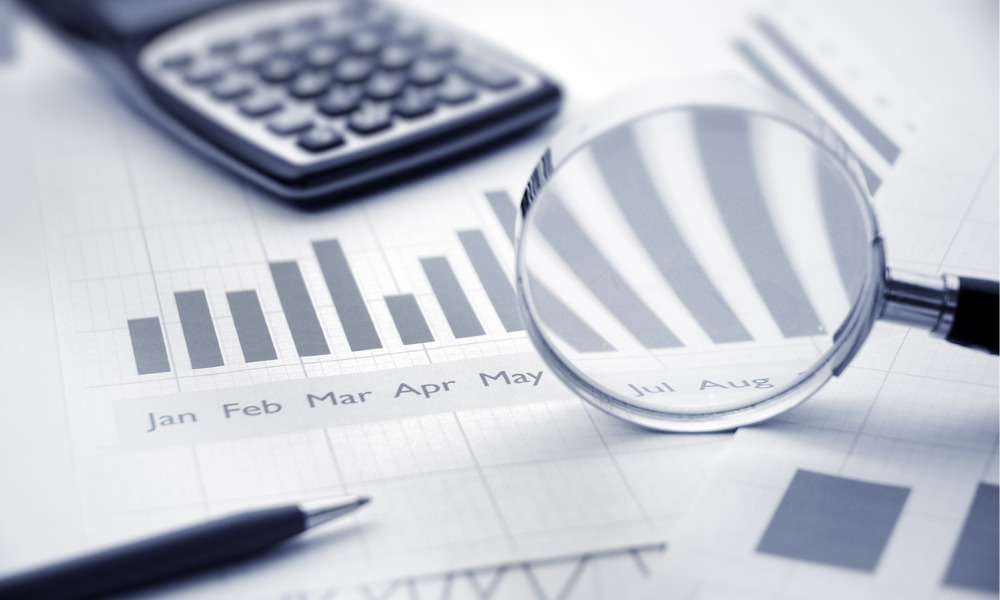
Government says wage increase is just a head start

Prime Minister Anthony Albanese said the Fair Work Commission’s (FWC) decision to lift the minimum wage to 5.2% was “just the beginning” of the government’s “real work” for a better economy.
Albanese “welcomed” the minimum wage increase decision and said it was just the first step towards ensuring more Australians can have absolute economic security.
“My message to Australian families who are doing it tough is this - I’m on your side and we are working hard for you,” he posted on Twitter.
The FWC’s decision now equated to a $40 weekly pay increase for millions of workers in Australia.
In 2021, Australia’s minimum wage was $20.33 an hour or $772.60 a week, which would now rise to $21.38 an hour, or $812.60 per week.
Albanese said the FWC’s decision justified the Labor’s stance during the federal election campaign. “They deserved a pay rise, and today they got it,” he said.
The prime minister also fended off comments that the wage rise would unfairly burden small businesses.
“Those small businesses really rely on their workers, who are really struggling with the cost of living,” he said. “It’s a dollar an hour.”
FWC President Ian Ross said the increased cost of living, along with the rising inflation, impacted the minimum wage increase decision of the Commission.
“We accept that the approach we have adopted will result, albeit minor, compression in relativities,” he said. “But that consideration is to be balanced against the need to provide greater relief to low-paid workers in the context of rising cost of living pressures.”
Ross also said that while the strength of the labour market would not have a “significant adverse effect” on the national economy, he acknowledges that the wage increase will mean an actual wage cut for some award-reliant employees.
“This is an issue that can be addressed in subsequent reviews,” he said.
Following FWC’s decision, Sally McManus, Australian Council of Trade Union (ACTU) secretary, said she was “very happy” that the union movement’s fight for a wage increase has been heard.
“This Annual Wage Review is one tool we have to generate wage growth, but it only affects one in four workers – we need wage growth across the economy,” she said.
“It is not acceptable that working Australians and their families continue to go backwards while big business does so well,” McManus added.
Meanwhile, Andrew McKellar, Australian Chamber of Commerce and Industry CEO, said the wage increase would pose a “very significant risk” to the economy.
“By our calculations, this will add $7.9 billion in costs to the affected businesses over the year ahead, so that will be a very considerable burden that those businesses will either have to take to their bottom line, or pass onto their customers,” he said.
McKellar said that the wage increase is not the “decision that will help” the country, especially now that inflation is one of the most urgent challenges in the Australian economy.
Annually, the FWC reviews Australia’s minimum wage, and in 2021, it was increased by 2.5% to meet the rising cost of living.